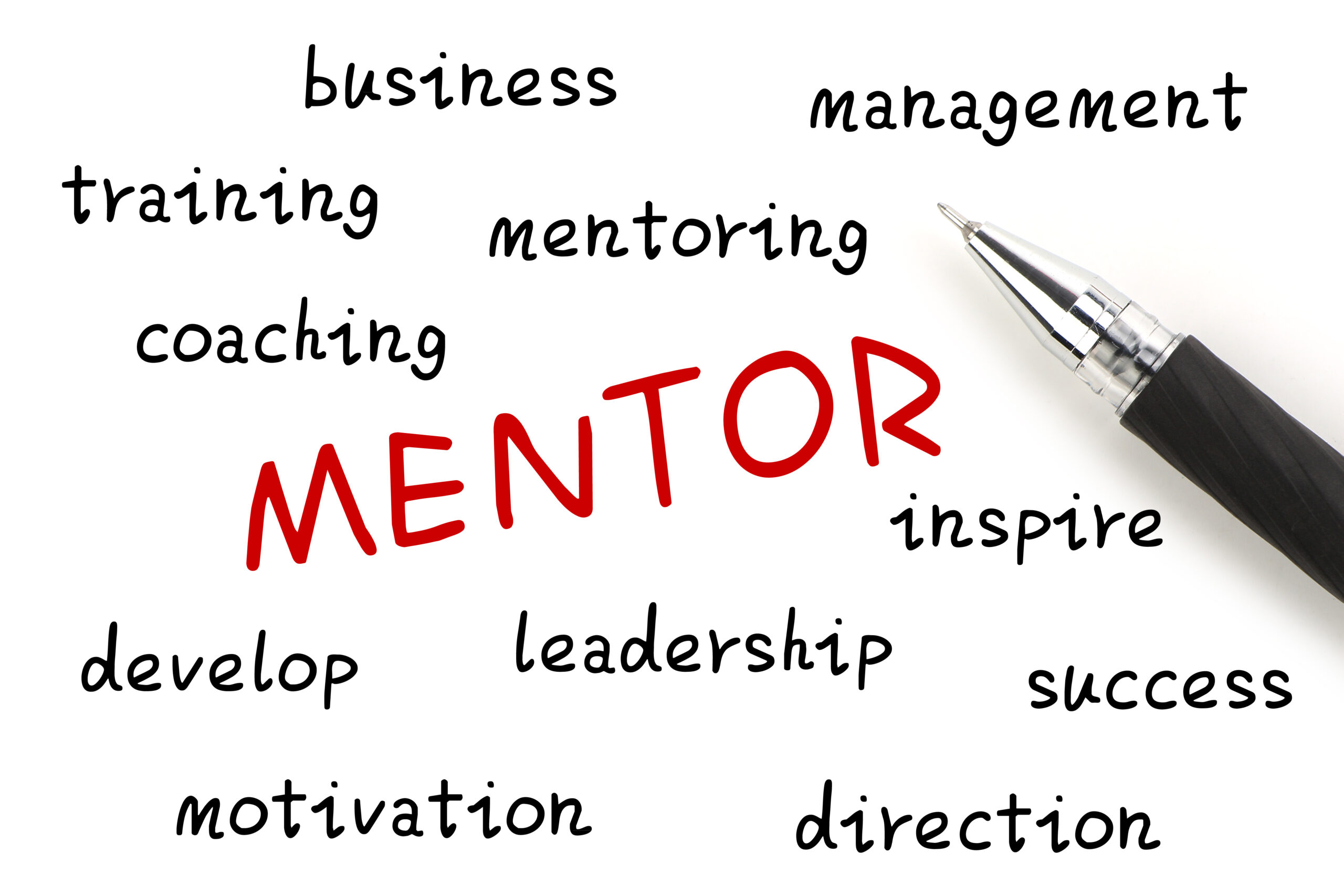What to Discuss with a Mentor

Mentoring is a brain to pick, an ear to listen, and a push in the right direction.
~John Crosby
When talking with your physical therapy mentor, the topics to discuss are almost endless. The important thing for you is to establish expectations early on and to constantly check in on them. But also be realistic and sensitive. For example, asking your mentor for personal relationship advice might make sense if you’ve known each other for many years, but it’s a bit odd if this is your first session.
Some ideas to consider
Check in – while the goal of a mentoring session is to be as productive as possible, mentoring is ultimately about connection, so allow time to catch up informally at the beginning of each session. this allows both of you to be more comfortable.
Choose a main focus – based on your background and challenges both you and your mentor can decide on a main focus for each session. This could be outcome based (e.g., coming up with a plan) or exploration based, like considering a new approach and/or reviewing something that has (or hasn’t) worked.
Review “homework” from previous session – before discussing any new topics, you and your mentor should review any actions or homework from the last session. Regardless of the outcome, this part should be an open and proactive discussion where you and your mentor can mutually explore why an action was or was not completed; it could be that this was not a valuable action. This is also a good time to update each other on any progress, such as: “I spoke with my friend John at XYZ clinic and he would enjoy meeting with you, I think you’ll gain a lot from his experience coming from a strength and conditioning background like yours.”
Explore challenges – based on the agenda, you and your mentor can explore the challenges you are currently facing. Your mentor should ensure the discussion is thoughtful, forward facing, and positive, with a focus on learning as opposed to failure or weakness. Both of you should remain mindful of the agreed main focus of the session, and connect any challenges back to that focus when possible.
Create a plan – following the discussion of challenges, you may have started to explore a number of solutions. Mentoring sessions can easily turn into hour long brainstorming without following a structure. So, to be productive, you should establish a plan that tackles any challenges.
Reflect on progress – as you approach the end of your mentoring session, it’s important to reflect on the progress you have made. This might include a discussion of key learnings, insights gained, celebration of wins, and any feedback.
Actions and homework – before the session concludes, a list of actions and homework–a to do list–should be created before the next session. This helps to hold both of you accountable.
Schedule – to maintain momentum and forward progress, it’s good practice to schedule your next session before the current meeting ends. Waiting is not convenient and allows a greater likelihood that things will fall throught the cracks.
Every mentoring session is unique, and that’s ok. Having–and following–a general structure will increase the likelihood of making progress; it will also provide a mechanism to raise various issues.
To Sign Up for Mentoring
I enjoy working with people and watching them achieve their goals.
If you are interested in working with me on your career (including interviews and plans) or specific patient questions or exercise program design, please click here to learn about the different options and to sign up.

Written by david
More From This Category

From Physical Therapy to Fiction: My Journey as an Author
Thus far, I’ve dedicated my career to helping athletes and individuals recover from injuries and achieve their optimal physical performance . . . first as a strength coach and PT, later as an author and rehab leader. With several non-fiction books, articles, and...

From Physical Therapy to Fiction: My Journey as an Author
Thus far, I’ve dedicated my career to helping athletes and individuals recover from injuries and achieve their optimal physical performance . . . first as a strength coach and PT, later as an author and rehab leader. With several non-fiction books, articles, and...

From Physical Therapy to Fiction: My Journey as an Author
Thus far, I’ve dedicated my career to helping athletes and individuals recover from injuries and achieve their optimal physical performance . . . first as a strength coach and PT, later as an author and rehab leader. With several non-fiction books, articles, and...

0 Comments